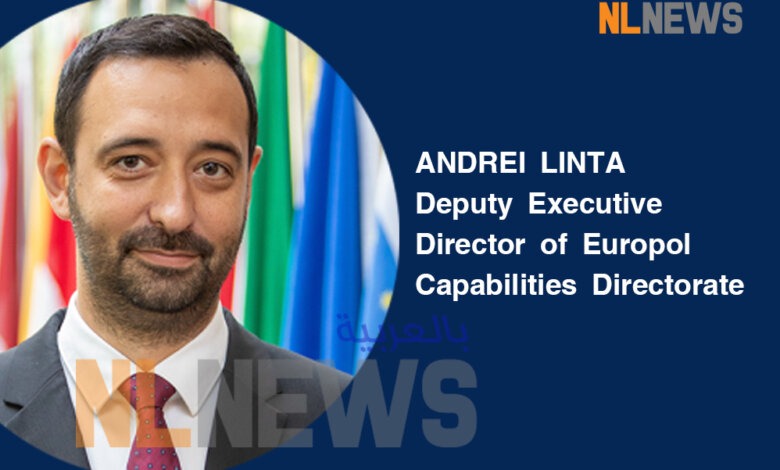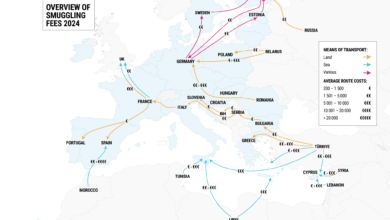
Khaled Bakdash : Amsterdam
The Europol Information System (EIS), one of the cornerstones of European law enforcement cooperation, marks its 20th anniversary since its establishment under the Europol Convention. This agreement laid the legal foundation for a centralized “computerized information system” , allowing EU Member States to input and access crucial criminal data in accordance with their national regulations. Europol could also input analysis and third-party data into the system, making it accessible to national units, liaison officers, and authorized Europol staff.
Operational since 2005, the EIS revolutionized data sharing across Europe by enabling law enforcement officers to swiftly determine whether key information—such as data on individuals, vehicles, or communication devices—existed outside of their national jurisdictions.
Over the years, both the user base and volume of data have grown significantly. In 2023 alone, the system recorded over 14 million searches, and by 2024, it held more than 1.7 million data entities—offering a powerful tool for investigators throughout the EU.
Following the adoption of the EU Interoperability Agenda in 2019, the EIS has taken on a crucial new role within the EU’s information architecture. Starting in late 2026, data from EIS will be automatically cross-referenced during the processing of travel applications submitted by non-Schengen nationals through the European Travel Information and Authorisation System (ETIAS). Similar checks will later apply to visa applicants, asylum seekers, and irregular migrants.
Europol celebrated this milestone during the recent Product Management Forum held at its headquarters on 13–14 May. Speaking at the event,
: Europol’s Deputy Executive Director for Capabilities, Andrei Linta, remarked
“All the improvements and the successes of the Europol Information System were possible because of the remarkable commitment of both Europol’s staff and Europol’s partners, from MS and beyond, who made the system faster, better, more accurate and valuable for all its users. Personally, I am grateful to each of you: you should be proud of the Europol Information System as much as we are at Europol”





